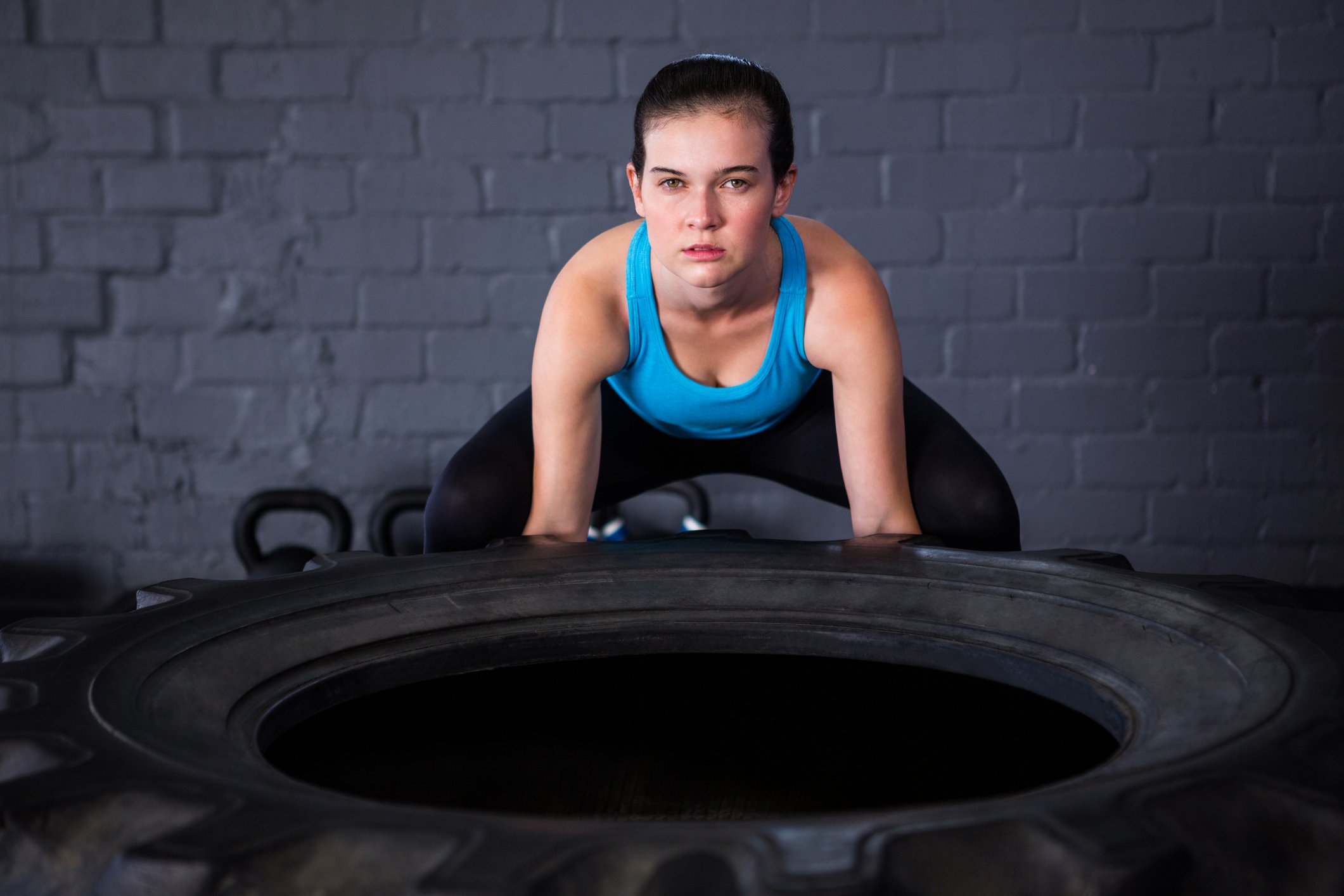Physical vs. Mental Fitness: How They're Connected
Introduction
We hear a lot about getting fit—but what does that really mean? Most people think of fitness as just being about your body: running faster, lifting heavier, or looking a certain way. But what if the most powerful benefit of physical fitness is how it affects your mind?
If you're a teenager trying to feel better, think clearer, or just get through the day without being overwhelmed, understanding the link between physical and mental fitness is a game-changer. Let’s explore how the two are connected—and how working on one can improve the other.
“The mind is like a muscle. The more you exercise it, the stronger it becomes, and the more it can expand.”
What Is Physical Fitness?
Physical fitness is your body’s ability to perform daily tasks, sports, and activities efficiently. It includes:
Cardiovascular endurance (heart and lung health)
Muscular strength and endurance
Flexibility
Body composition (healthy balance of fat and muscle)
Being physically fit doesn’t mean being ripped or running marathons. It means having enough strength, energy, and flexibility to enjoy life and stay healthy.
Related: Why Fitness Matters for Teens
What Is Mental Fitness?
Mental fitness refers to how well your mind functions. It includes:
Emotional resilience (handling stress and emotions)
Focus and concentration
Motivation and self-esteem
Mental clarity and calmness
Just like muscles, your brain needs training and care to stay in shape. Meditation, journaling, goal setting, and therapy are great tools for boosting mental strength—but so is movement.
How Are Physical and Mental Fitness Connected?
Think of your body and brain as a team. When one is doing well, it lifts the other.
Here’s how physical activity improves your mental state:
Exercise reduces stress hormones like cortisol.
It releases endorphins—chemicals that make you feel happy.
It improves sleep, which boosts mood, focus, and memory.
It builds confidence, which can fight anxiety and depression.
It enhances brain function, helping with decision-making and creativity.
On the flip side, poor mental fitness—like chronic stress, low mood, or anxiety—can drain your motivation to stay physically active. That’s why it’s important to look after both.
Science That Supports the Link
Here’s what researchers say:
A Harvard Medical School review found regular aerobic exercise can be as effective as antidepressants for mild depression.
The UK’s NHS recommends physical activity as part of treatment for anxiety and depression.
The Mental Health Foundation reports that teens who are active report higher self-esteem and better sleep.
Even a 20-minute walk can help reset your brain and body.
A Real-Life Example (You Might Relate To This)
Let’s say you're dealing with school stress, friend drama, and too much screen time. You start to feel drained and anxious.
Now imagine you start doing short daily workouts—maybe a bit of stretching, some bodyweight exercises, or a jog. After a week or two, your sleep improves. You feel more focused in class. You're less irritable. That’s the mind-body connection in action.
How to Improve Both Physical and Mental Fitness Together
You don’t need a gym membership to start. Try this teen-friendly approach:
1. Move Daily, Even for 10 Minutes
Walk, dance, skate, bike—whatever you enjoy.
2. Journal or Reflect After Workouts
Note how your mood changes after moving.
Write one thing you’re proud of.
3. Prioritise Sleep
Aim for 8–10 hours a night.
Good sleep helps both muscles and mental clarity.
4. Try Meditation or Breathwork
Apps like Headspace or Calm are great.
Pair it with stretching for a calm mind and body.
5. Eat to Fuel Both Mind and Body
Avoid skipping meals. Your brain runs on energy too!
Busting Common Myths
“Mental health and physical health are separate.”
They’re deeply connected. One affects the other daily.
“You have to be super fit to feel better mentally.”
Even light movement improves your mood and focus.
“If I’m anxious or sad, exercise won’t help.”
It’s not a cure, but it’s a proven support tool—especially when combined with other strategies.
Final Thought: Balance is the Real Goal
You don’t need to choose between working on your body or your mind—they're teammates. Whether you’re chasing confidence, better focus, or more energy, strengthening both physical and mental fitness can help you get there.
Start small, stay consistent, and remember: every step counts.
FAQ’s
-
Yes! Studies show that physical activity boosts mood, reduces anxiety, and improves focus. Even short sessions help.
-
Cardio (like walking, cycling, or dancing) is great, but any movement you enjoy will help. Yoga and strength training also support mental wellbeing.
-
The NHS recommends at least 60 minutes of moderate activity a day for teens—but even 20–30 minutes can make a big difference mentally.
-
Absolutely. Better focus, motivation, and sleep (all mental benefits) make it easier to stick to physical goals.
-
Start very small—5 minutes of walking, stretching, or dancing. Movement creates energy. Once you start, your body and mind usually follow.












